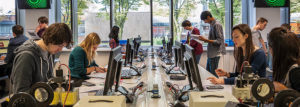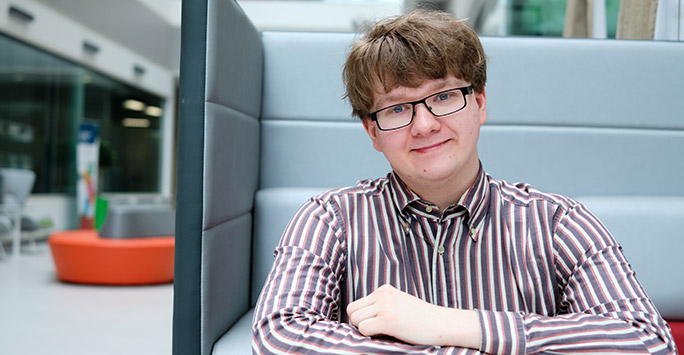How you'll learn
You will be taught through a mixture of lectures, practical laboratory work, computer modelling classes, supervised project work and will carry out private study.
How you're assessed
A range of methods will be used for assessments, including exams, coursework essays, computer assignments and practical laboratory work. You will also complete a dissertation and write a report on your project work.
Liverpool Hallmarks
We have a distinctive approach to education, the Liverpool Curriculum Framework, which focuses on research-connected teaching, active learning, and authentic assessment to ensure our students graduate as digitally fluent and confident global citizens.
The Liverpool Curriculum framework sets out our distinctive approach to education. Our teaching staff support our students to develop academic knowledge, skills, and understanding alongside our graduate attributes:
- Digital fluency
- Confidence
- Global citizenship
Our curriculum is characterised by the three Liverpool Hallmarks:
- Research-connected teaching
- Active learning
- Authentic assessment
All this is underpinned by our core value of inclusivity and commitment to providing a curriculum that is accessible to all students.











